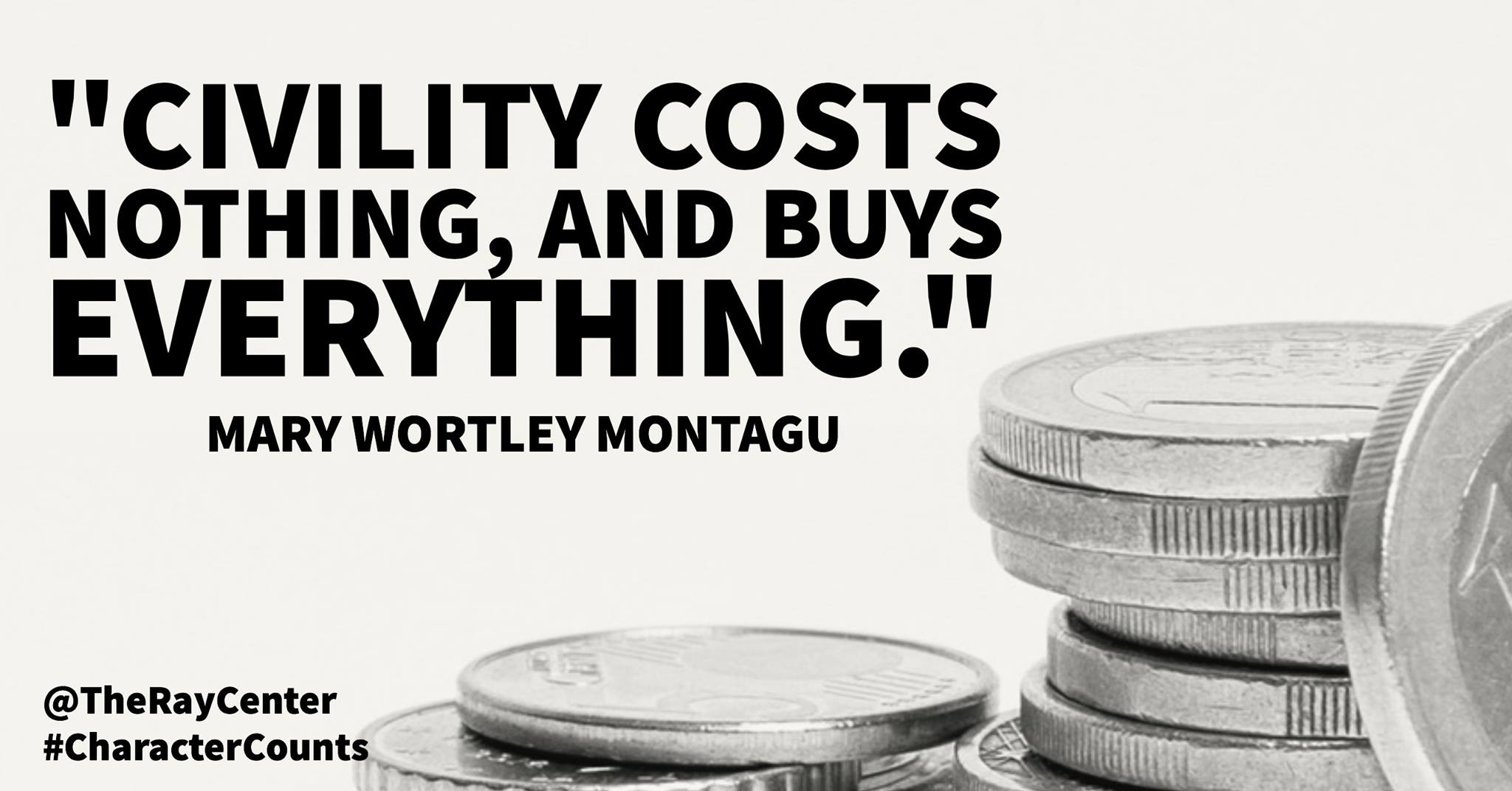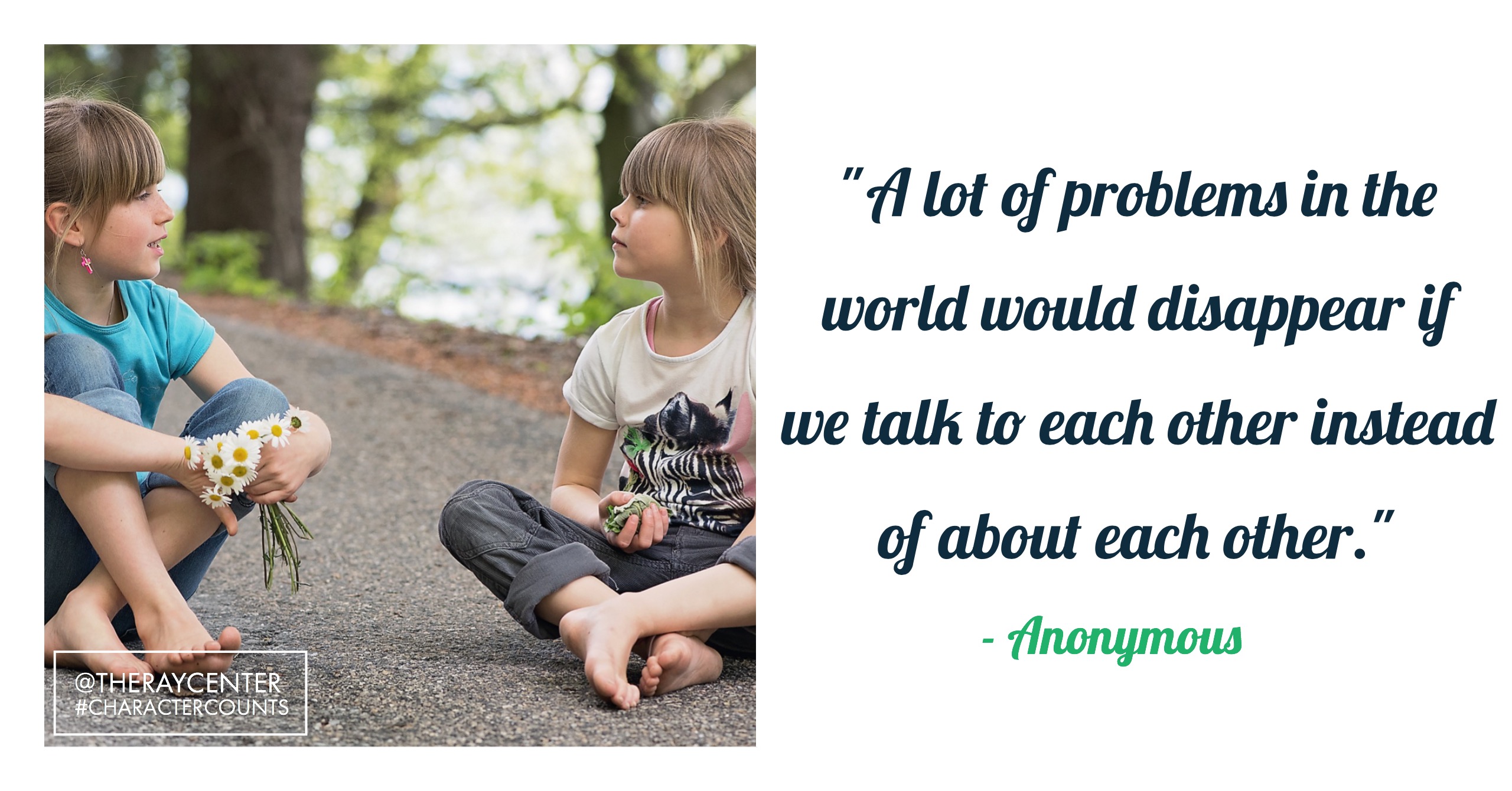Six ways to change the dynamics by showing civility

Editorial by:
Scott Raecker, Executive Director, The Robert D. and Billie Ray Center, Drake University
Connie Ryan, Executive Director, Interfaith Alliance of Iowa
Jay Byers, CEO, The Greater Des Moines Partnership
Kristi Knous, President, Community Foundation of Greater Des Moines
With the upcoming midterm elections, Iowans have an opportunity to change the dynamics by showing civility toward one another in their conversation and interactions.
While it is easy to get caught up in the energy and fervor of the election season, we know that everyone has a different life experience and therefore a different lens through which to see the world. We urge Iowans to express their passion for issues and candidates, but in a respectful manner. We believe that influencing others and advancing critical issues in meaningful ways requires respect for others.
Freedom of speech is an indispensable American value, and we have an incredible opportunity to utilize this foundational right to positively impact the future.
As the four civic organizations that comprise the Show Some Respect campaign, we encourage Iowans to be civil in their discussions on issues and in support of their candidates. Hopefully others, including the candidates, will follow our lead.
Here are six ways that you can be more respectful during the election season:
- Be honest (with others and yourself) about the information you distribute regarding candidates, policies, and opinions. Make sure the information is coming from a reliable source before you click “share.”
- Be tolerant of other viewpoints. You do not have to agree with another person’s beliefs in order to show them respect. Remember, just because you are passionate about an issue doesn’t make you right.
- Don’t start political arguments that you know will hurt other people’s feelings or damage relationships. Keep in mind that not everyone enjoys debating the issues.
- Take time to learn about the candidates and the issues. Get information from reliable sources. Don’t rely on negative tv ads or social media to research the candidates. Learn about the candidates from non-partisan sources.
- Consider all viewpoints. It may not change the way you vote, but it will help you make an informed decision.
- If you aren’t sure what to do in a tricky situation, treat others the way you want to be treated.
Civility is not about changing your mind and agreeing with another person. Civility is having respect for another person as a human being, regardless of his or her views, and behaving in a way that is reflective of that respect. It is the hope of the Show Some Respect campaign that all Iowans will give and receive respect in this election season as we seek to make our state better for all who call it home.
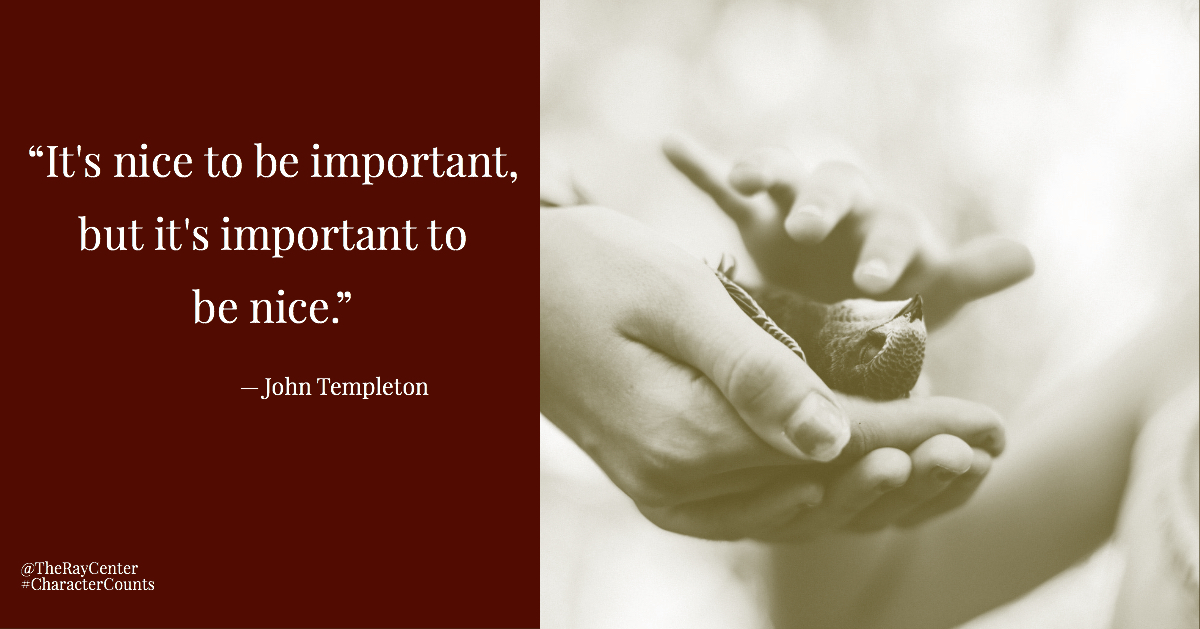

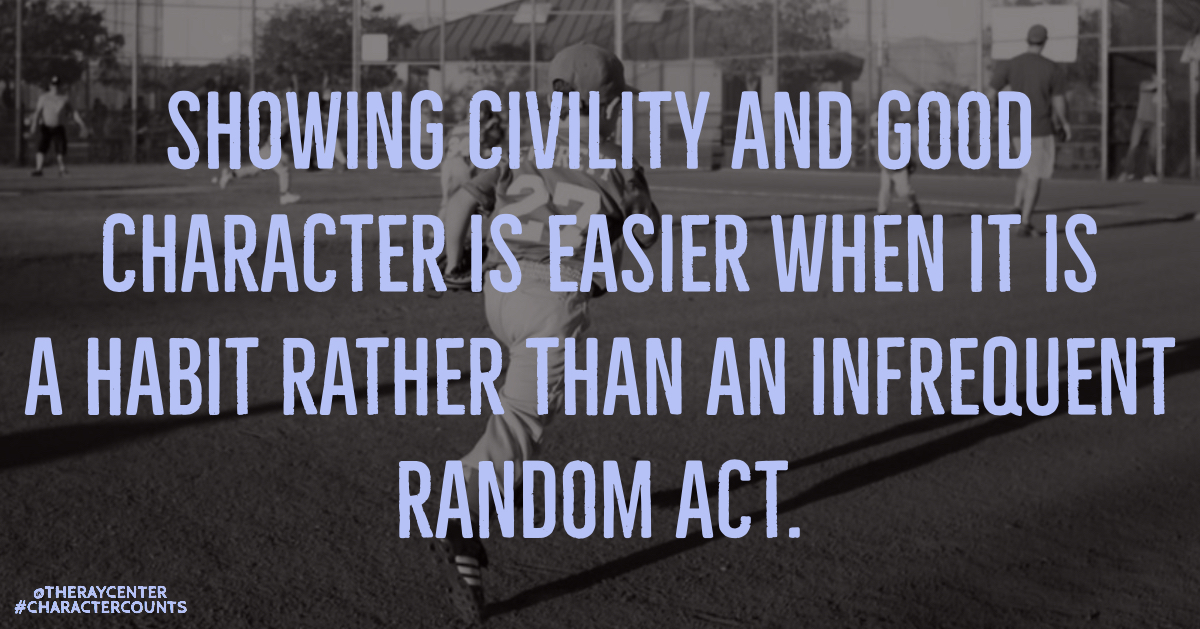
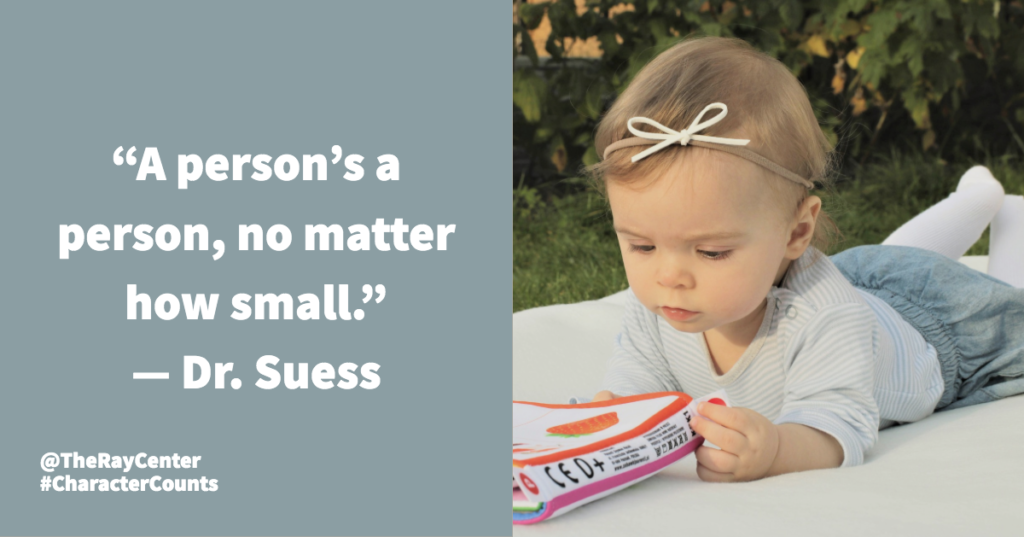
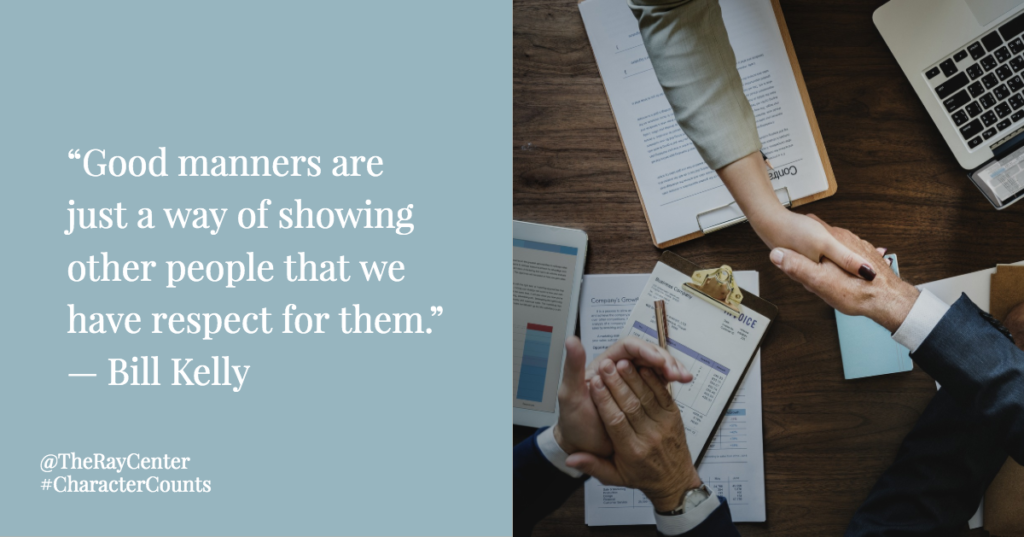
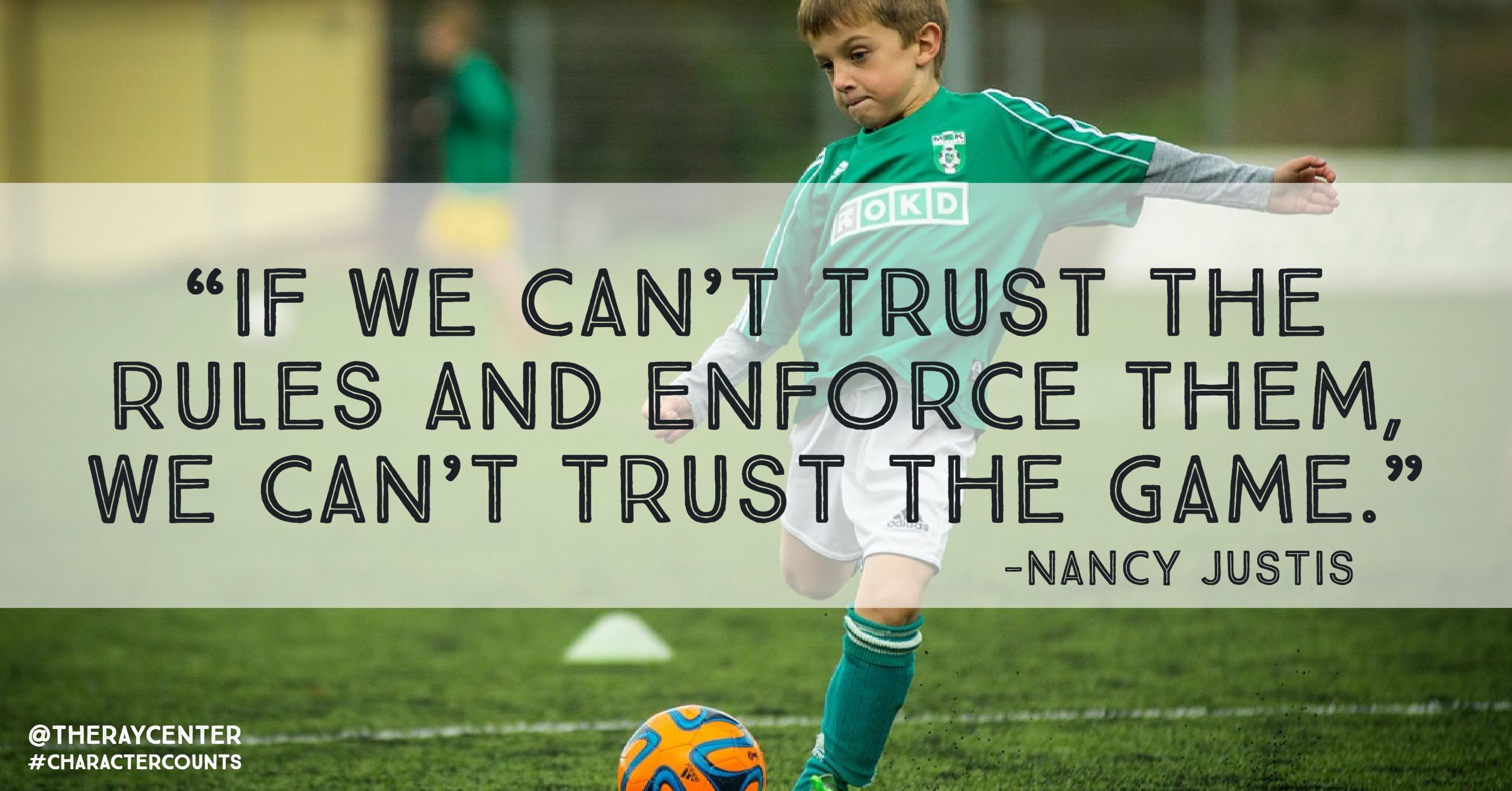
 Nancy Justis has over 40 years of journalistic experience ranging from newspaper and magazine writing and editing, to collegiate public relations. At a time when women were a virtual non-entity in the athletics media relations field, she blazed the trail. She has over 30 years of experience in the promotion of sports teams and working with student-athletes. She was Sports Information Director/Assistant Athletics Director for Media Relations at the University of Northern Iowa for most of those years, publicizing the Panthers’ nationally-recognized men’s basketball and football teams. She is a member of the Cedar Valley Character Counts Committee and serves on the board of the Cedar Valley Sports Commission. She freelance writes for various publications.
Nancy Justis has over 40 years of journalistic experience ranging from newspaper and magazine writing and editing, to collegiate public relations. At a time when women were a virtual non-entity in the athletics media relations field, she blazed the trail. She has over 30 years of experience in the promotion of sports teams and working with student-athletes. She was Sports Information Director/Assistant Athletics Director for Media Relations at the University of Northern Iowa for most of those years, publicizing the Panthers’ nationally-recognized men’s basketball and football teams. She is a member of the Cedar Valley Character Counts Committee and serves on the board of the Cedar Valley Sports Commission. She freelance writes for various publications.